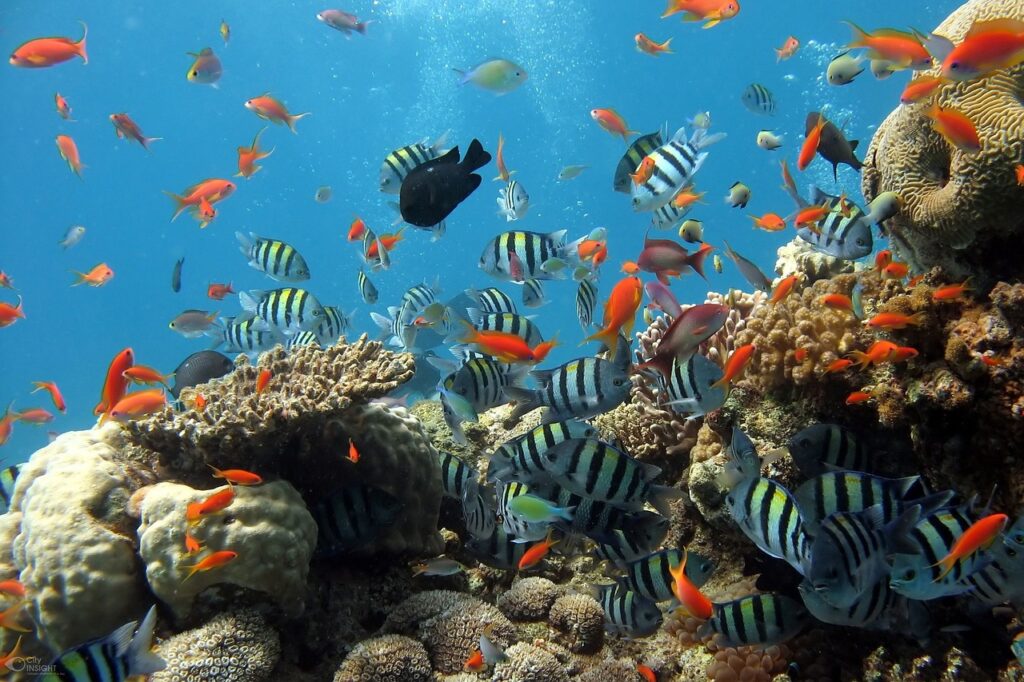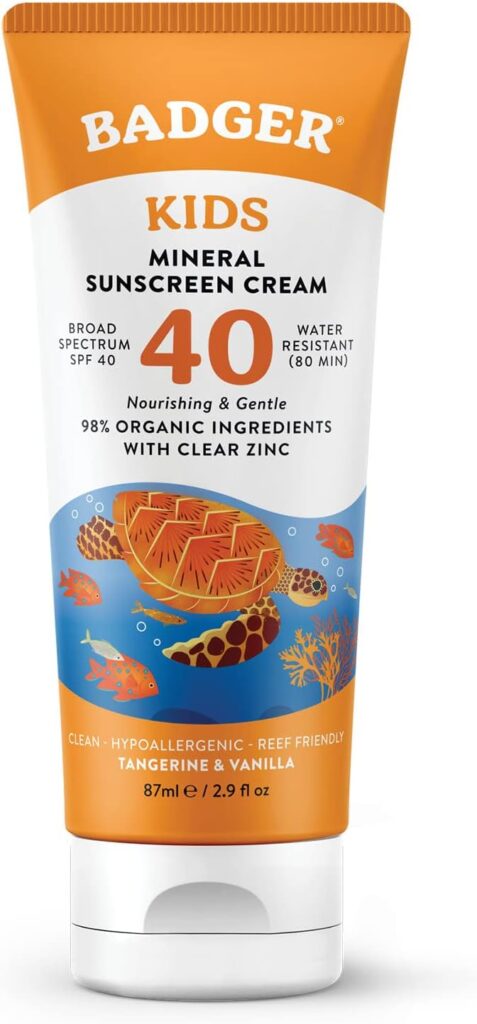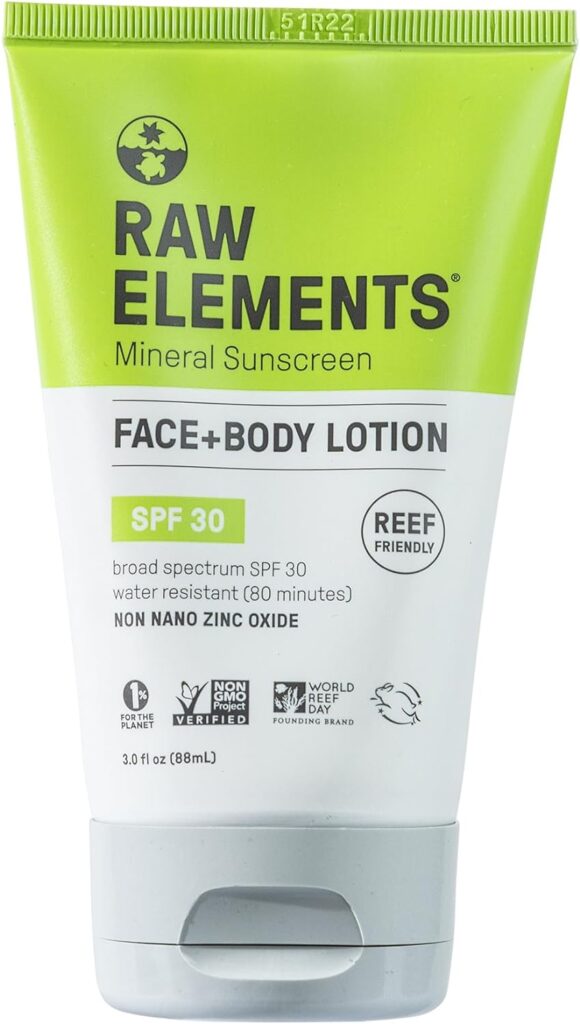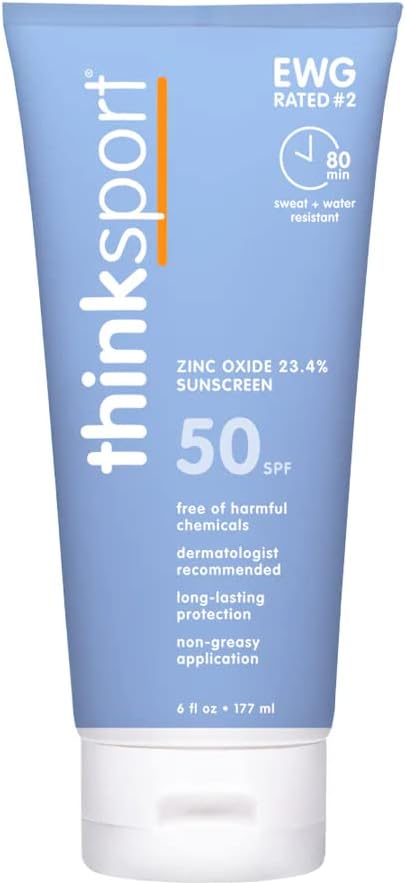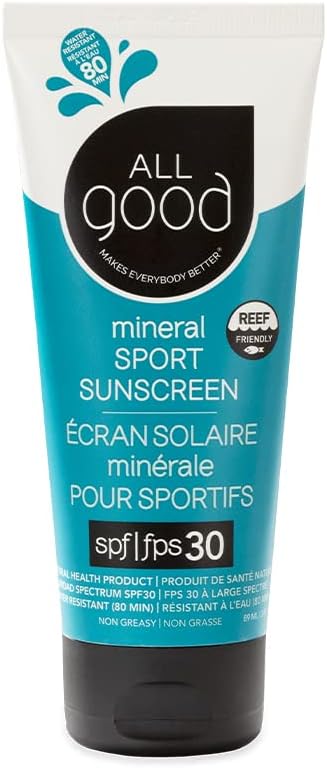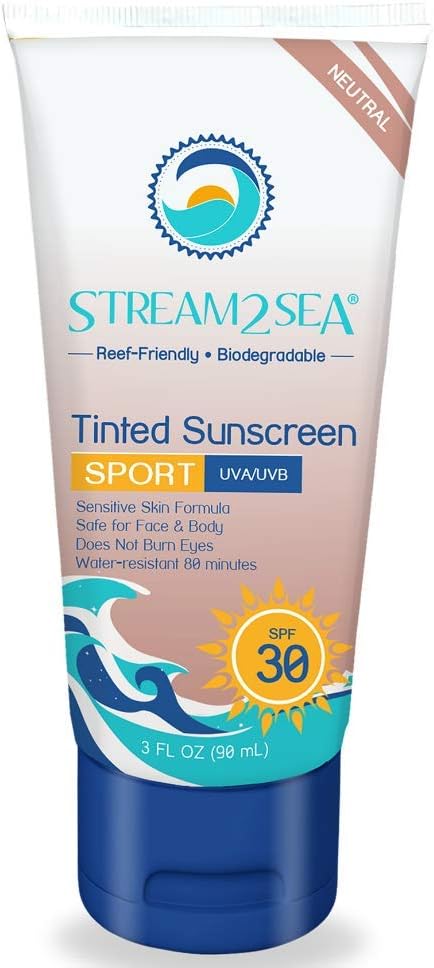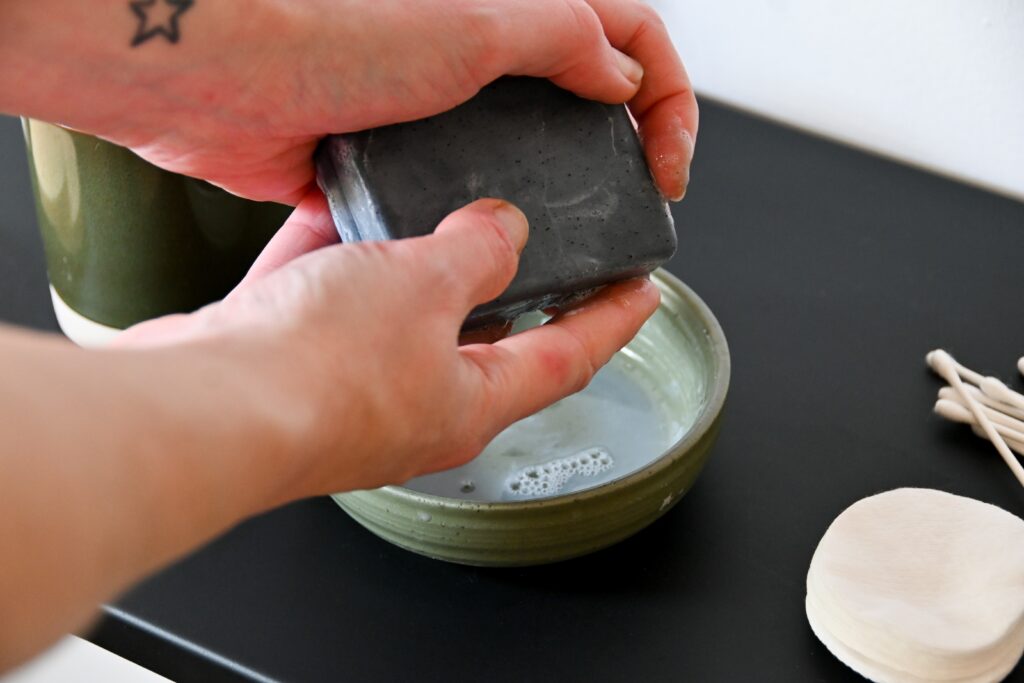As the sun’s warmth beckons us to sandy shores and crystal-clear waters, sunscreen becomes a trusty companion in our quest to enjoy the great outdoors. But did you know that not all sunscreens are created equal when it comes to preserving the environment, particularly our delicate coral reefs? In this article, we’ll delve into the critical issue of how conventional sunscreens are harming our coral reefs and explore the importance of using reef-safe sunscreen. We’ll also discuss the toxic chemicals often found in sunscreen, provide recommendations for the best brands of reef-safe sunscreen, and offer eco-friendly alternatives to protect both your skin and the planet.
How Sunscreens Are Killing Our Coral Reefs
Sunscreen is designed to protect our skin from harmful UV rays, but unfortunately, many conventional sunscreens contain chemicals that are toxic to marine life, especially coral reefs. These chemicals pose a severe threat to these fragile ecosystems in several ways:
Oxybenzone and Octinoxate: Two of the most common culprits are oxybenzone and octinoxate, which can cause coral bleaching, disrupt coral reproduction, and damage the coral’s DNA.
Nanoparticles: Nano-sized particles of certain sunscreen ingredients, such as zinc oxide and titanium dioxide, can be ingested by coral, leading to cellular stress and coral bleaching.
Bioaccumulation: Chemicals from sunscreen can accumulate in the tissues of marine organisms and make their way up the food chain, ultimately affecting larger sea creatures.
According to the Ocean Foundation, approximately 14000 tons of sunscreen are deposited annually into our oceans, with the greatest damage occurring in popular reef areas such as Hawaii and the Caribbean.
Toxic Chemicals Found in Sunscreen
In addition to oxybenzone and octinoxate, many other potentially harmful chemicals can be found in conventional sunscreens. These chemicals can be absorbed through the skin and enter the bloodstream, potentially causing health concerns. Common toxic ingredients include:
Homosalate: This chemical is linked to hormone disruption and has been detected in human breast milk.
Octisalate: Known to be an endocrine disruptor, octisalate can interfere with the body’s hormonal balance.
Octocrylene: When exposed to sunlight, octocrylene can generate free radicals, which can damage DNA and cause skin aging.
Avobenzone: Although less harmful than some other chemicals, avobenzone can degrade when exposed to sunlight, reducing its effectiveness as a UV filter.
What Is Reef-Safe Sunscreen and Why You Should Be Using It
Reef-safe sunscreen is a term used to describe sunscreens that are formulated without the harmful chemicals that pose a threat to coral reefs. These sunscreens rely on mineral blockers like zinc oxide and titanium dioxide to provide effective sun protection. Using reef-safe sunscreen is essential for several reasons:
Preserving Coral Reefs: Reef-safe sunscreen helps protect coral reefs from the harmful effects of chemical pollution, including coral bleaching and DNA damage.
Marine Life Conservation: By choosing reef-safe sunscreen, you contribute to the well-being of marine life, including fish and other aquatic creatures.
Safer for Your Health: Reef-safe sunscreens often contain fewer toxic chemicals, making them a safer choice for your skin and overall health.
Environmentally Responsible: Supporting reef-safe sunscreen brands encourages responsible environmental stewardship and raises awareness about the importance of protecting marine ecosystems.
The Best Brands of Reef-Safe Sunscreen
Choosing the right reef-safe sunscreen is essential for effective sun protection without harming the environment. Some of the top brands known for their commitment to sustainability and eco-conscious formulas include:
1. Badger Balm – Badger Balm offers a range of certified organic, reef-safe sunscreens that are gentle on both your skin and the environment.
3. Thinksport – Thinksport’s sunscreen is free from harmful chemicals and provides broad-spectrum protection for outdoor enthusiasts.
4. All Good – All Good offers reef-safe sunscreens that are non-GMO, cruelty-free, and packed with natural, organic ingredients.
5. Stream2Sea – This brand not only provides eco-friendly sunscreen but also promotes ocean conservation through their packaging and initiatives.
Alternatives to Reef-Safe Sunscreen That Are Still Eco-Friendly
While reef-safe sunscreen is the best choice for protecting both your skin and the environment, there are other eco-friendly options if you prefer not to use sunscreen at all:
Protective Clothing: Wearing long-sleeved shirts, wide-brimmed hats, and sunglasses provides natural sun protection without the need for sunscreen.
Seek Shade: Spend time in the shade during peak sun hours to reduce sun exposure.
Choose Safe Sunscreen Alternatives: If you need sun protection, opt for mineral-based sunscreen alternatives without harmful chemicals.
DIY Sunscreen: Some people create their own sunscreen using natural ingredients like coconut oil, shea butter, and zinc oxide. However, it’s essential to ensure the effectiveness of these homemade solutions.
Protecting Your Skin and the Planet
Choosing to wear reef-safe sunscreen is not just a matter of protecting your skin; it’s a conscious choice to safeguard the health of our oceans and coral reefs. By opting for sunscreens free from harmful chemicals, you can enjoy the sun’s rays while contributing to a healthier, more sustainable planet. So, the next time you head to the beach, remember to slather on some reef-safe sunscreen and bask in the sun’s warmth, knowing you’re making a positive impact, one sunscreen application at a time.

